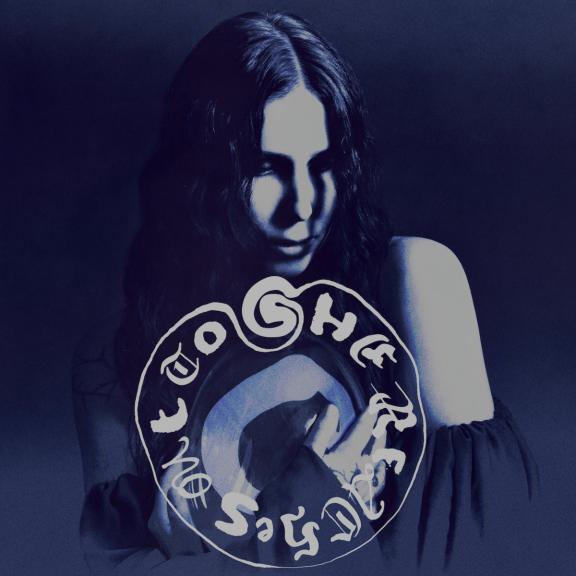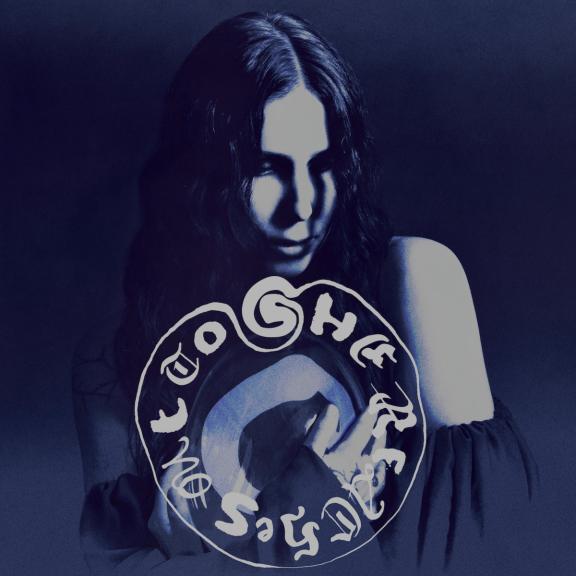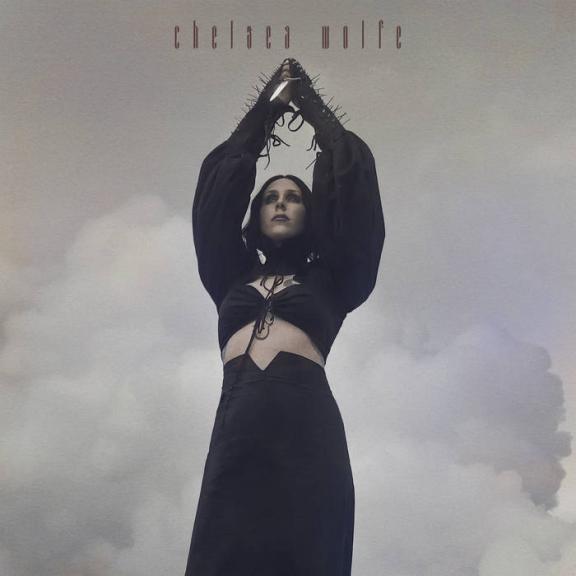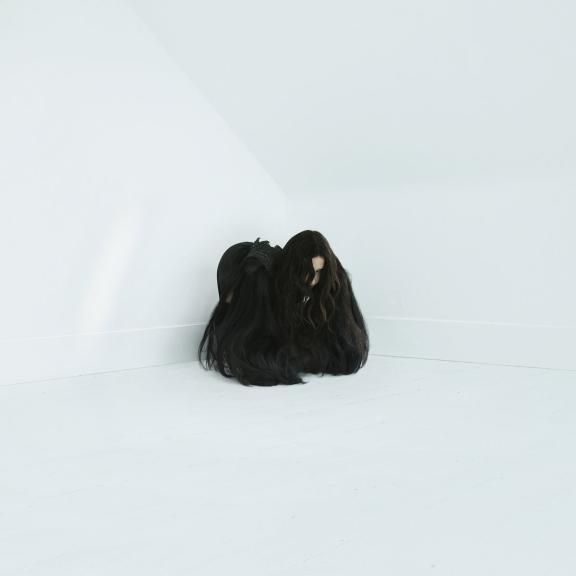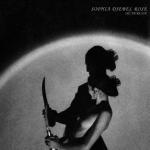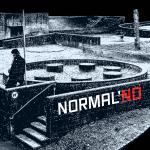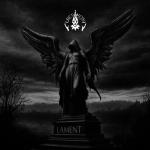Birth of Violence is five years old: never before has Chelsea Wolfe allowed so much time to pass between two albums. Of course, a global pandemic has come and gone, and the artist has collaborated on a number of projects, whether with Converge for the BloodMoon I album, with composer Tyler Bates for the X movie soundtrack, with Emma Ruth Rundle for a single, or even with DC Comics to accompany one of their publication. On her last album, we already sensed a rethink with this entirely acoustic turn, as if to get rid of the stifling ambiences of Abyss and Hiss Spun and move towards greater simplicity. Chelsea Wolfe says it herself: She Reaches Out to She Reaches Out to She is a rebirth, a cathartic work, the fruit of her cyclical quest for healing.
So the words are set: "rebirth" but also "cycle". There's the album title, which can be repeated ad infinitum, evocative of Sisyphus pushing his boulder, again and again... But also, and above all, a stylistic reinvention that involves looking back. Whispers In The Echo Chamber opens the album like a note of intent, synthesising Chelsea Wolfe's career while opening up new avenues. The melancholy is expressed in minimalism, the electronics are back with a trip hop/industrial feel, before a doomy heaviness and a few metal riffs plunge the end of the track into a storm. An echo chamber, where certain words are repeated over and over again: we understand that the cycle must be broken, that she is trying to escape it.
While she has lost none of her superb looks, Chelsea Wolfe seems to have shed some of her artifice. The artwork, in which she poses in a simple T-shirt, says it all: no more dark rituals, the quest for authenticity begun five years ago continues, even if it means shedding the "Priestess of Darkness" image that used to cling to her. She sings "Surrounded by living ghosts, you see, I thought I had to swallow them before they swallowed me", as if to evoke her past demons from which she is detaching herself, the old ties she is cutting (and in particular her historic label, Sargent House, tainted by accusations of harassment towards its lesser-known artists).
Chelsea Wolfe doesn't need to push her seance any further to conjure up ghosts, her own in this case: they haunt her album from start to finish, lurking in the layers of Everything Turns Blue and its hypnotic chorus, for example. Yet Chelsea Wolfe has never gone so far in experimentation. She and her producer/multi-instrumentalist Ben Chisholm play with electronics, collages and contrasts, as on Eyes Like Nightshade and its very industrial synthetic coldness full of glitches and racing beats to which the vocals, always charged with ethereal emotions, bring a spectral presence while a discreet melody creeps in. By putting electronics back at the forefront, She Reaches Out to She Reaches Out to She inevitably often comes close to the memorable Pain is Beauty released in 2013. A cyclical return? Not really: this new album is more a distant mutant descendant than a rehash.
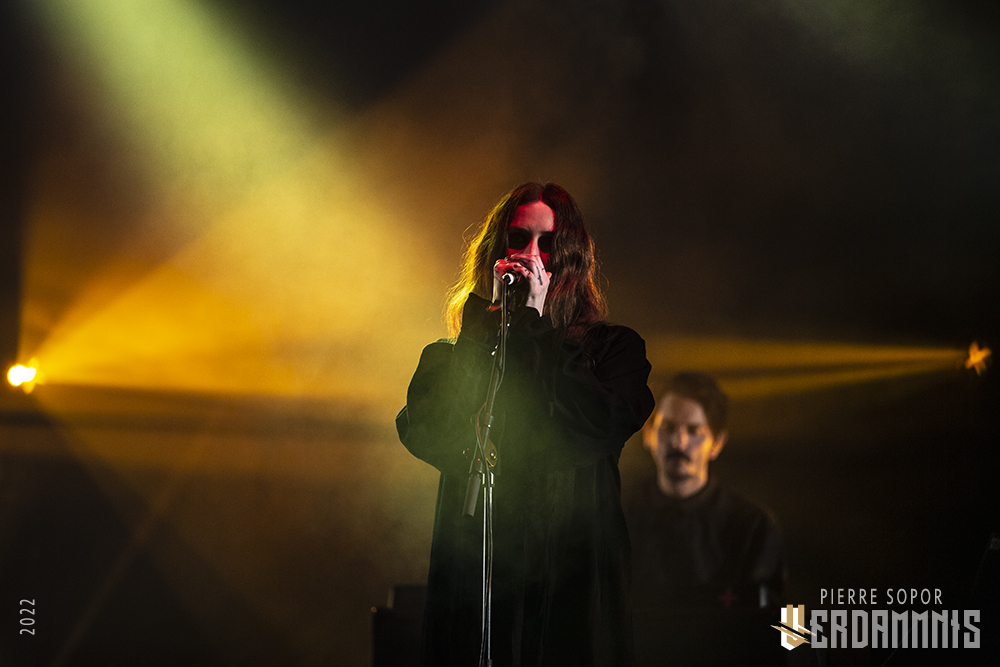
But don't think that Chelsea Wolfe has forgotten the darkness in her quest for healing. On the contrary, it's omnipresent: a catharsis has to be painful, and She Reaches Out to She Reaches Out to She overflows with gothic splendour, melancholy and anguish (the panicked rhythm of House of Self-Undoing). However, far from the stifling, anxiety-inducing heaviness of more doomy albums, the melancholy here is expressed more in the intangible, the elusive, as if to illustrate a form of detachment on the part of the singer, who flies over her sorrows rather than letting them bury her. The album sometimes displays a breadth rarely heard on the singer's previous albums, like Unseen World and the mystery of its almost epic oriental melody, which we regret to see come to a halt so quickly.
Chelsea Wolfe has often been compared to Björk or PJ Harvey, her collaborations with King Dude inevitably echoing the British singer's encounter with Nick Cave. We've also discovered her to be the tortured heiress of Portishead (something reminiscent of Bristol in Tunnel Lights or the haunting The Liminal, but visited by Nine Inch Nails), offering a kind of hallucinatory, anxiety-inducing trip-hop (reminiscent of the path taken by GGGOLDDD on her latest EP). It wasn't enough for Chelsea Wolfe to be seen as the leader of a pack of tormented wolves (from Emma Ruth Rundle to King Woman via A.A. Williams, Darkher and even Frayle, between minimalist folk, dark rock and mystical doom): she continues to reinvent herself, to seek new ways of expressing her blues.
Although Dusk concludes the album with a track that looks towards the light, with a conquering guitar the likes of which we've never heard from her before, here again the notion of eternal recommencement creeps into the shadows: we hope, however, that the new night heralded by this twilight, and the vampiric romanticism that accompanies it, will be more exhilarating than terrifying. Chelsea Wolfe's new album is less theatrical or suffocating than some of her previous work. But it's no less exciting: the artist proves her ability to reinvent herself and escape classification while remaining true to herself. It's dark, dizzying too, but above all superb.

